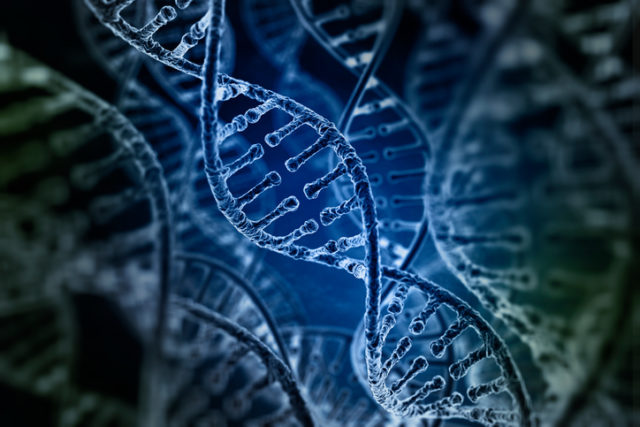
A lot has changed since the advent of assisted reproductive technology (ART) some four decades ago. Advances like oocyte donation and oocyte cryopreservation have helped countless people around the world start families, but alongside these achievements have been subtler, less appreciated shifts in our understanding of the ethics around the interests of the donor-conceived, as well as the changing attitudes among egg donors and recipients over time. While anonymity was once the presumed default for donors and intended parents alike, a steady evolution in favor of known and open donation has upended entrenched norms in reproductive medicine. At a time when demand for fertility services has skyrocketed and is only expected to increase further in the coming years, clinicians and providers would do well to shift their approach to focus on informed choice.
At its core, informed choice is a question about the kind of relationship intended parents envision themselves and/or their child having with their egg donor, and it’s natural for people to think about it in terms of risk. Donors might be wary of ‘known donation’ because they worry about undefined expectations about a donor’s role in their child’s life. Conversely, parents might worry about the risk of their donor expecting too much involvement.
These are valid concerns, but providers have an ethical imperative to facilitate a truly informed choice for parents and donors, which means educating them about the facts around anonymous donation, the potential needs of their donor-conceived child, and the importance of choosing programs that dedicate time and effort toward obtaining updated medical information. These considerations are important but under-discussed—though patients are increasingly lending them weight.
To be clear, the initial desire for anonymity has not vanished—many recipient parents still opt for anonymous cycles, the motivations for which are personal and varied. However, as donor-conceived children age and ask questions their parents simply cannot answer, more and more recipients are reaching out to clinics and places like the Donor Sibling Registry to make connections with the donors and others conceived by the same donor. Additionally, the donor-conceived community has started to strongly advocate for their right to know their origins, pushing states like Colorado to move toward banning anonymity outright. These may be nascent conversations, but it is undeniable that the pendulum has begun to swing in the direction of openness and transparency.
This shift has been made all the more urgent by the proliferation of genetics testing services, which are increasingly affordable and accessible. For those donors who wished to remain anonymous, these services raise troubling bioethical dilemmas when their personal preferences are rendered moot. Many donors—or their family members who might never have been made aware of the donation—have been contacted through these genetic testing companies, exposing an ostensibly private medical decision to countless others. The reverse is also true: a growing number of egg donors have performed genetic testing and/or posted themselves on the Donor Sibling Registry with a desire to learn more about the results of their donation and to make connections. In both instances, donors and recipients are left with little guidance to navigate such nonconsensual disclosures.
As both a bioethicist and a president of an egg donor services company, I appreciate the profound importance of ensuring that all parties are made aware of the long-term implications beyond a donation cycle. Additionally, both the donors and the recipients need to independently assess, have access to and mutually agree with each other about the type of donation cycle undertaken. This can be done with careful planning in both fresh and frozen donor programs, leading to a foundation of understanding and transparency that will help guide the future. Mutual respect is the foundation of any successful relationship, and for providers that means doing everything to ensure both parties enter an agreement fully informed.
At the end of the day, it is not our job as providers to tip the scales in debates as intimate and meaningful as those facing donors and intended parents. However, we do have an obligation to create the conditions necessary for people to make an educated choice, which means helping them to properly weigh every risk and facilitating a process through which they can arrive at the decision that is best for themselves and their families.
Photo: iLexx, Getty Images








